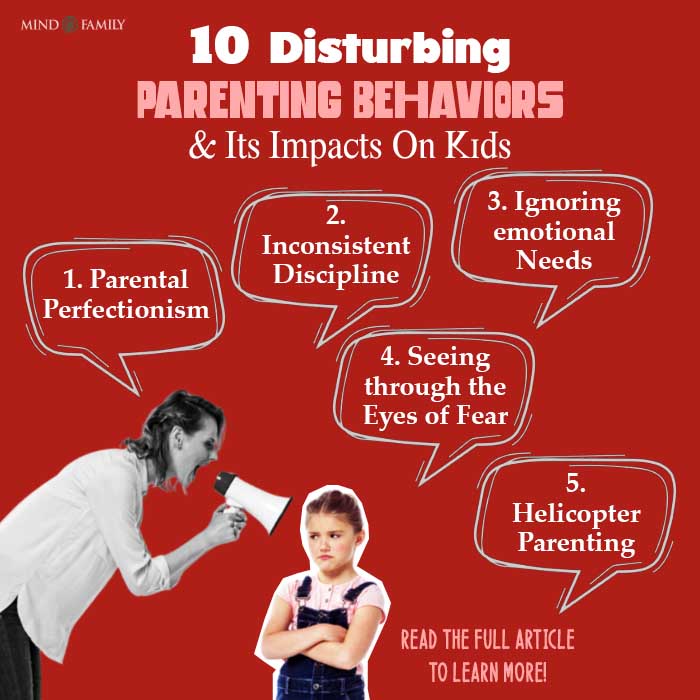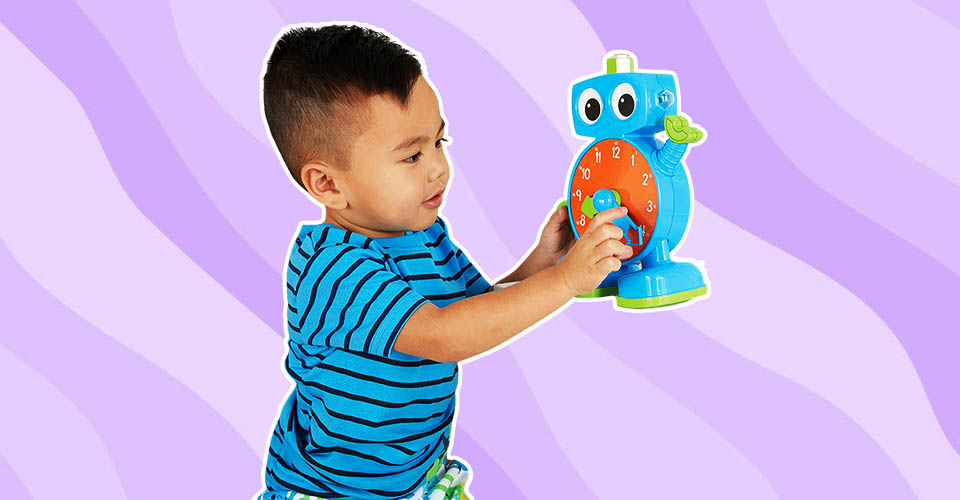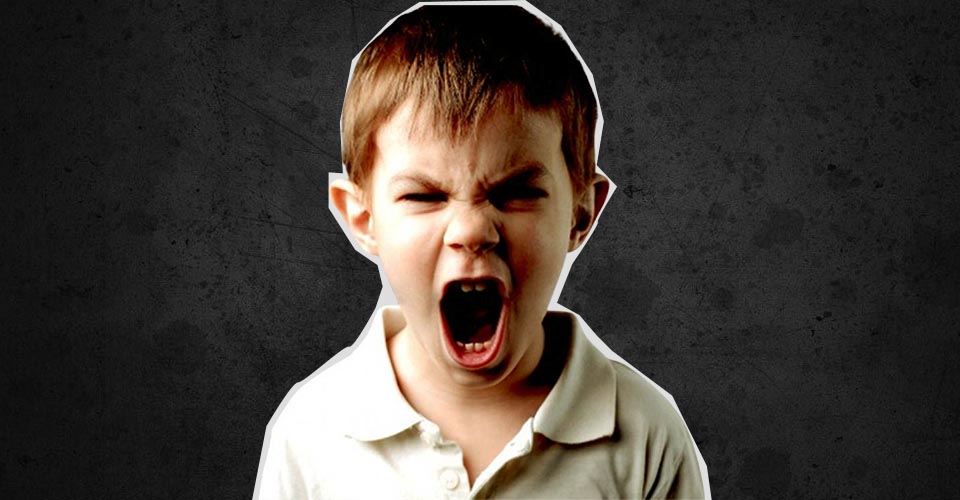As we strive to guide and support our children, it’s crucial to be aware of the impact our behaviors can have on their development and well-being.
While our intentions are often to nurture and guide, some common parenting practices can inadvertently cause harm. Understanding these disturbing parenting behaviors is the first step towards creating a healthier and more supportive environment for our children.
In this article, we’ll explore ten disturbing parenting behaviors to avoid that can negatively affect our children.
So Let’s begin!
10 Most Disturbing Parenting Behaviors To Avoid

1. Parental Perfectionism
All parents aspire for their children’s best interests sometimes to the extent of expressing disappointment towards the child’s effort.
It goes without saying how damaging excessive criticism even when aimed at pointing out mistakes can do to a person’s self-worth. It’s love that they never had in their lives that nurtured the feeling of caring for oneself.
This negative reinforcement can help develop a child’s feelings of inadequacy and low self-esteem so that they are often rendered incapable of any worthwhile accomplishments.
In reversal to this, constructive criticism should be dispelled in an atmosphere void of constructive criticism.
Recognizing their efforts, celebrating their successes, and helping them cope during difficult times builds their self-esteem as well.
Read More: 5 Harmful Effects of Parental Perfectionism on Children
2. Inconsistent Discipline
Lack of consistency in the disciplinary measures leads to confusion and instability in the children’s environment.
Children may find themselves unsure about what disturbing parenting behaviors to avoid, simply because the rules are ambiguous as well as the consequences that follow.
Children may develop anxiety because of these disturbing parenting behaviors as they would not know what to do and what the next step would be. If children do not know the boundaries or the consequences of their actions, they don’t feel safe knowing that some rules are There and are supposed to be followed.
This is helpful as we create a controlled environment by outlining set expectations which allows our children to grow and learn how to trust the people in authority around them.
3. Ignoring emotional Needs
Neglect or disregard for the emotional needs of children is not without some long-term negative effects on their social and psychological health.
Disrespecting their feelings can make children feel that their emotions are not legitimate or that no one cares about what they feel about these disturbing parenting behaviors.
This inevitably creates problems with communication and getting on with people. They may have problems with managing their feelings and feel rather cut off from other people’s feelings.
This, however, all comes back to addressing their thoughts and actions, which has been found to be very supportive of both children and adults as they prefer being involved.
4. Seeing through the Eyes of Fear
Forcing children to act through fear of violence, intimidation or any other form of persuasion can result in the children gradually losing the sense of security and trust.
This callousness, far from solving issues, only brings tension and fake acquiescence without deep respect or comprehension.
Children who have been instilled with the value of fear may also have a twisted respect to authority figures and will have low self-confidence. Rather than instilling fear, let us practice encouragement and reward people for doing the right thing.
5. Over-parenting or Helicopter Parenting

Over-parenting, or helicopter parenting, can be defined as the syndrome where one has to micromanage and interfere with most of the activities in one’s children’s lives.
Such behavior may hinder the acquisition of their self-determination or develop vital skills such as the ability to find solutions to challenges.
When every challenge is addressed either by giving assistance or making up their minds for them, there is a danger that this can deny them crucial adult abilities of tackling complicated situations and coping under pressure.
Some problems children are left to some and then also encouraged to redirect them, which focuses on constructive obstacles to special goals, which are believed to develop their confidence, atomic power, and independence for further challenges.
Read More: Explore What Is Helicopter Parenting And Dangers Of Helicopter Parenting
6. Being Biased With Siblings
Persistence of favoritism among siblings correlates with instances of resentment and bitter conflicts winning rivalries. If one sibling is shown special treatment, the other sibling may experience inferiority and some level of competition ensues where none is needed.
This is one of the most important parenting behaviors to avoid that can stifle a healthy relationship between siblings and a child’s feelings of inclusion/worth within the family may become affected also.
It is very important to see and accept each and every child as such, whilst taking into account the specialities and the roles they fulfill.
With the purposeful distribution of all the children’s individual attention when it comes to the recognition of different accomplishments, everybody’s unity is maintained.
This also allows each child to feel appreciated and loved while encouraging strong sibling relationships and fostering mutual respect in the processes.
7. Lack of Quality Time
With our busy schedules, it is common for protected time with our children to fall by the wayside. Depriving them of such times can influence how they feel about relatedness and trust.
For children to know they are indeed loved and important in our lives, they require us to meaningfully spend time with them on a regular basis.
Quality time does not always have to be filled with fancy and expensive routines, rather, it is the simple things that one does on a daily basis like eating together, playing a certain game or having a talk that go a long way.
8. Absence of Empathy
A lack of empathy would result in a void between us and our children. Not taking a moment to try experiencing or empathizing with a child’s feelings creates difficulties and grief between the caregiver and the child.
Some children may lack these skills since they may have grown up without the tenets of empathy hence, they will also have a hard time having healthy relationships with others.
Empathy is when we give attention and respect to the pains these little souls may be going through and assure them that we understand. Simple actions may be hard but they go a long way towards giving our kids support and encourage proper development.
Through practicing empathy, children understand they can rely on our nurturing, which improves their healthy emotional and social development.
9. Setting unrealistic Expectations
Placing unrealistic expectations may strain our children too much and this may pave the way for stress, anxiety and feelings of inadequacy.
In cases where the expectations from them are either too high for their ability or what is developmentally appropriate for them, they become frustrated and this limits their drive.
Realistic but demanding goals need to be put in place as well as the necessary resources offered in a bid to achieve those goals.
Taking a positive regard towards everything, availing and recognizing the efforts and the progress rather than the end results helps in maintaining healthy self-institutions.
10. Poor Communication

Poor communication has many disadvantages for the relationship, it gives room for errors, disagreements, and lack of trust between us and our children.
When children do not communicate, they can easily become excluded or even misinterpret the situation, thus these effects can also affect their feelings as well as our relations with them.
Communicating effectively means that we are able to communicate our minds as well as our expectations whilst also listening to both sides in situations where the children are able to express their thoughts and feelings.
Encouraging open and honest communications creates an enduring bond and makes sure that both what we want and what the children want is met.
A Word From Mind Family
Parenting is a profound and complex journey, filled with both joyous moments and challenging decisions. At Mind Family, we understand that navigating this path is not always straightforward.
We recognize that no parent is perfect, and we all have room for growth. It’s important to reflect on our disturbing parenting behaviors and strive for continuous improvement.
Together, let’s build a future where our children thrive, not just survive. Thank you for being a part of the Mind Family community, and for your dedication to the well-being of your children.
Frequently Asked Questions (FAQs)
1. What is parental perfectionism and how does it affect children?
Parental perfectionism involves excessive criticism and unrealistic expectations. It can harm a child’s self-esteem, leading to feelings of inadequacy and low self-worth.
2. How does inconsistent discipline impact children?
Inconsistent discipline creates confusion and anxiety, making children unsure of acceptable behaviors and boundaries. This instability can lead to behavioral issues and a lack of trust.
3. What are the effects of ignoring a child’s emotional needs?
Ignoring emotional needs can cause children to feel invalidated and unsupported, leading to difficulties in emotional regulation and forming healthy relationships.


















Leave a Reply